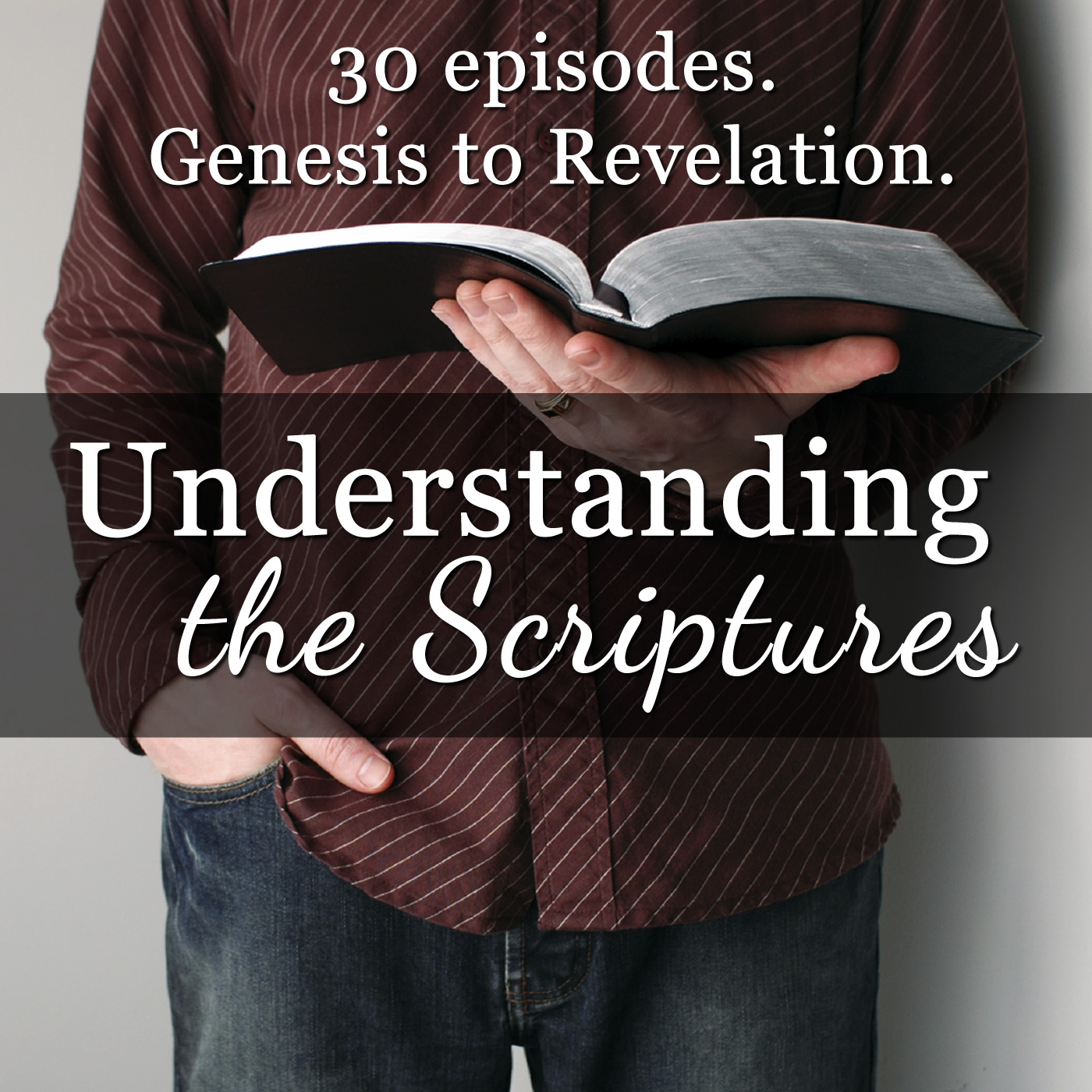Ch. 29 - The End of History
Description
In this lesson, Carson gives the historical context surrounding St. John's Apocalypse, which is also known as "Revelation" - the final book of the canon of Sacred Scripture. Its genre is "Apocalyptic" literature, which uses highly visual and symbolic metaphorical language to describe and reveal God's purposes and actions surrounding the events going on in the world around us. The Greek term Apocalypsis literally means "to unveil."
The Book of Revelation is meant to be read as if it were written in the year 68 A.D. during the course of the Jewish-Roman War, which culminated in the destruction of Jerusalem and its central edifice: the Temple. Structured after both the Book of Daniel and the Eucharistic Liturgy of the early Christian Church, it reveals how this destruction of the holy city of Jerusalem is indeed the realization of divine judgment, the vindication of Christ and the Church, the end of the visible manifestation of the Old Covenant, and the appearance of God's kingdom foretold by Daniel in the form and ministry of the Church.
In addition, we take a close look at Jesus' Olivet Discourse, which foretells the impending destruction of Jerusalem as well as the "signs" that will precede this horrible event. Indeed, these signs were fulfilled before the advent of the Roman soldiers and the ensuing war.
More Episodes
This is the introduction to the Understanding the Scriptures podcast, which is a Bible study consisting of thirty 72 to 80 minute episodes, each of which is digitally recorded for your listening enjoyment.
Published 07/07/09
Published 07/07/09
In this lesson, Carson kicks off this exciting Bible course by describing the sacred, inspired nature of
the Bible, which is a quality unique to the 73 books of Sacred Scripture. What do we mean when we say that Scripture is inspired, and where do we go in the Bible itself to find this claim? ...
Published 07/07/09


